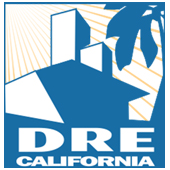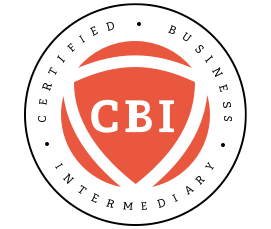When buying a tax and accounting practice, analyzing the practice and structuring reasonable price and terms is a pretty complicated endeavor. As with all complicated endeavors, people tend to desire simple solutions rather than delve deeper into the issue. This is true with the old rule of thumb that all tax practices are only worth one times annual gross. A simple solution to what is actually a pretty complicated analysis that deserves a more nuanced answer. And this is also true when it comes to analysis of the selling practices’ average fees by tax return form.
Analyzing Real-world Problems:
About two weeks ago a buyer informed me that he would not consider any tax and accounting practice that had less than a $650 average fee on the 1040 tax returns prepared. A line in the sand without any consideration for the fact that all 1040 tax returns are not equal. A very simple 1040 may take 20 to 30 minutes to prepare, some may take an hour, and some are far more complicated and may take a day or more to prepare.
Consider you have a complicated 1040 that require six hours of time to prepare. There is a schedule C, schedule D, a slew of investments, and the client is not particularly organized. You weigh how much the client would be willing to pay for this return and the time spent on it and bill the client $1,800. So this would equate to an average fee of $1,800 if your tax practice was comprised entirely of this exact same type of return and time spent.
Then, consider you have a bunch of far simpler 1040’s and you run a very efficient operation and have trained your clients very well. You can prepare 6 returns in the same six hours of our previous example and you bill each client $600. This equates to an average fee of $600.
So, in the first example we have an average 1040 fee of $1,800 and in the second we have an average 1040 fee of $600. On the surface level the $1,800 is going to appear to be more appealing. However, when you weigh the time spent you realize that the $1,800 fee equates to a $300 hour while the $600 fee equates to $3,000 over the same period of production time and a $600 hour. The lower fee is twice as profitable! In addition, losing three of the $600 clients is equal to losing one of the $1,800 in regard to total revenue. So, the $600 average fee also presents a diminished risk in regard to client retention.
The Bottom Line:
Yes, analyzing the purchase of a tax and accounting practice can be complicated, so resist pursuing overly simplified answers. Evaluating average fees is certainly important, but giving them too much consideration without understanding the production hours behind them is folly. Be sure to also get a clear understanding of how complicated the tax returns are and the production time, then develop an estimate of how the average fees equate to an hourly rate before drawing your conclusions.





